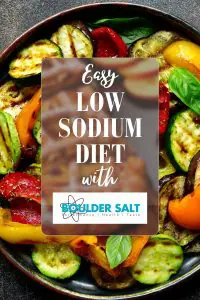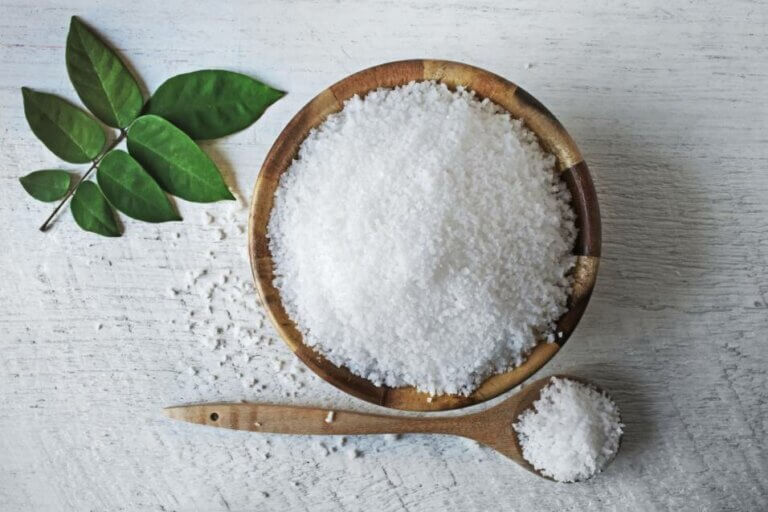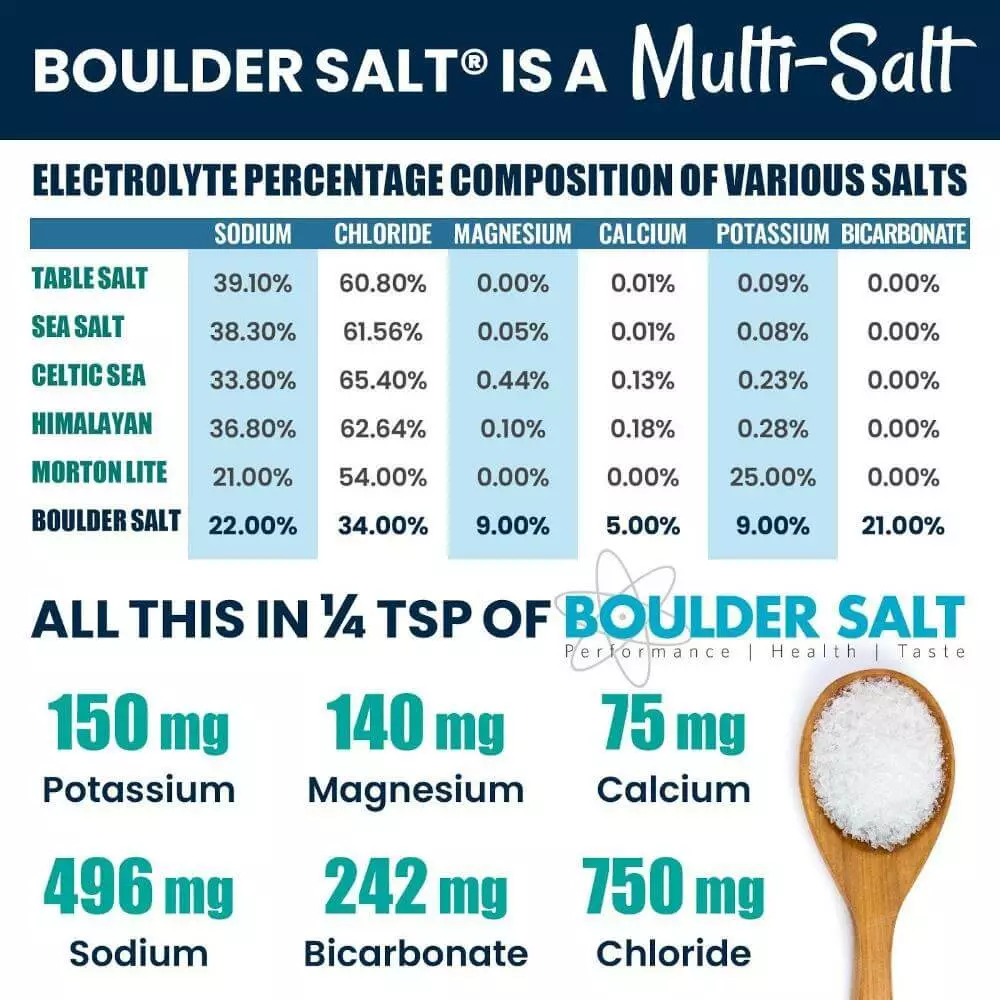
Low Sodium Diet Ideas Any Diet is Low Sodium with Boulder Salt! Are you looking for low sodium diet ideas and recipes

Dehydration is not merely a feeling of being thirsty and needing a drink. Dehydration can be a life-threatening condition that has claimed many lives, and, even if it doesn’t kill you, can lead to severe physical and lasting symptoms.
So what are the warning signs of dehydration? What causes dehydration? What’s the fastest way to cure dehydration? And how do you test for dehydration? We’re going to answer all of these questions now.
Thirst: This may seem like a no-brainer, but when you’re thirsty, there is literally a process happening in your autonomic nervous system telling your brain that you’re not getting enough water. When you need water, your cells feel it, and they begin to behave incorrectly. This sends signals to the brain that you are in need of water.
Lack of Focus: Concentration is harder when you’re dehydrated, which is one of the things that makes it so dangerous. There have been many hikers, runners, and other athletes who have made poor decisions because they were dehydrated–decisions that severely, and sometimes fatally, affected their health.
Bad breath: This may sound like a funny one, but if you’ve been exerting for a long time and you notice that you’re having bad breath, or that your mouth is just not feeling so fresh, this may be a sign that you are in need of a drink.
Headaches: One of the most common symptoms of dehydration is headache. The lack of water in your body is literally making your brain shrink–the cells are contracting–and it hurts. Getting proper hydration is an absolute must.
Snacking Doesn’t Help: If you’re dehydrated, you may find that eating just doesn’t satiate you any more. This is because your body wants you to put something in your mouth, but food isn’t it. You can eat and eat, but never rehydrate.
Dry and Cracking Skin: The longer you go without proper hydration, the worse your skin will fare. Your skin–especially the softer tissues like the tips of the fingers, your lips, your nostrils, and around the eyes–will begin to get dry and crack. This is an imperative that you must get water.
Sleepiness or Lack of Energy: When you don’t have enough water, you’ll feel it throughout your body, and this can be one of the most dangerous symptoms. If you’re dehydrated and you’re hiking, you may feel the constant need to sit down and rest, rather than pushing through to get closer to a drink.
Muscle Cramps: When you are dehydrated, and especially if you’re dehydrated in warm and humid weather, then muscle cramps are a common occurrence. If these happen, don’t just worry about icing the cramping muscle; you need to worry about rehydration.
Lack of Urine: If you’re unable to pee, it’s a good sign that your body is holding onto all of the moisture it can. It doesn’t want to lose any, and you won’t be able to urinate, or your urine will be dark yellow in color.
Fainting: In severe cases of dehydration, your body can grow so weak that you will faint. If this happens, those around you should seek immediate medical attention.
Water: This may seem like the most obvious answer–to get water. And it is! Getting water and drinking water is essential to reducing dehydration fast. You may feel like you need to guzzle and guzzle water, but if you’re severely dehydrated this can make you vomit. The best thing is to take small sips of water, often but slowly.
Sodium: When you are dehydrated, especially if you’re dehydrated because of physical exertion that has caused a lot of sweating (like long hours of yard work, construction, or exercise) then you need to make sure you get the proper amount of electrolytes in your water, and that means getting enough sodium, or, in other words, salt. As you sweat, your body loses a lot of electrolytes and you need these minerals to properly rehydrate. And did you know that drinking water with electrolytes actually makes the water rehydrate you faster than water alone?
Low Fat Milk: Low fat milk, or skim milk, is excellent at rehydrating as milk naturally contains high levels of electrolytes and protein. Many distance runners swear by chocolate milk at the finish line. The one problem with milk is that you shouldn’t drink too much or else you can vomit.
Fruits and Vegetables: Fruits that contain 80-95% water are great options for rehydrating. This can include berries, grapes, melons, oranges, cucumbers, carrots, and lettuce. Munching on these high water content fruits and veggies can go a long way in between sips of your chosen hydration liquid.

More to explore

Low Sodium Diet Ideas Any Diet is Low Sodium with Boulder Salt! Are you looking for low sodium diet ideas and recipes

Mountain View Welding does excellent work!
We make the highest recommendation for Loren Tonsing and the staff at https://mountainviewwelding.com Mountain View Welding does excellent work! Excellent communication to

Boulder Salt is in stock at The Raw Store!
Where in the world is Boulder Salt? This time the news is that Boulder Salt is stocked at The Raw Store in